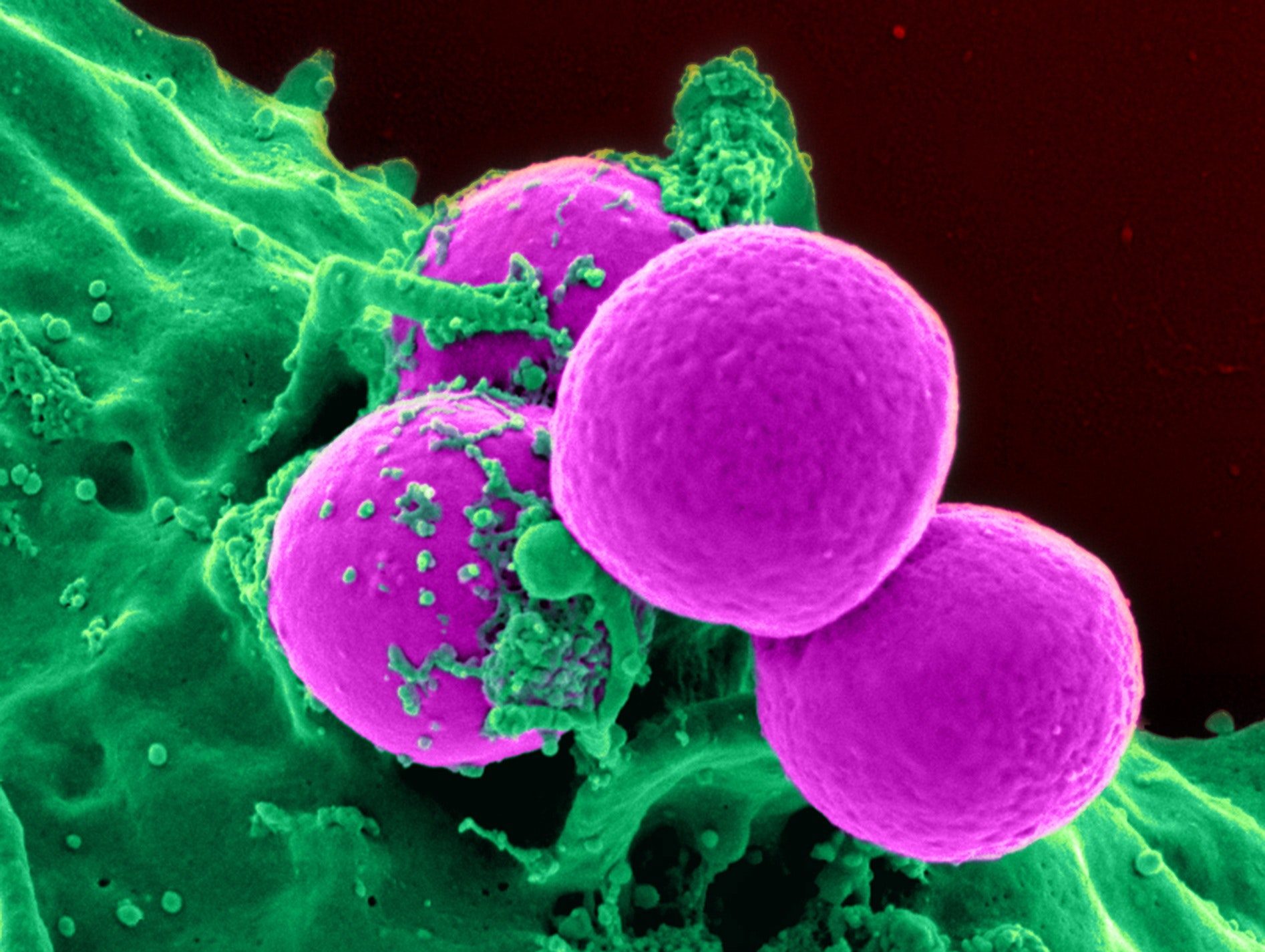3/1/2021
On February 18th, 2021, NASA’s Perseverance Mars rover landed on the surface of the planet in a stunning demonstration of new sky-crane technology. As NASA’s 14th mission to the red planet, Perseverance represents the agency’s first sample return mission, and they plan to send a follow-up spacecraft to collect Perseverance’s collection of Mars’ geology and bring it back to Earth for more in-depth study.
Clearly, our ability to explore and analyze our solar system is expanding at an incredible rate, but the lack of regulation in space has manifested itself in a variety of ways. One question brought up repeatedly by scientists is that of biological contamination. One of NASA’s general goals is to discover evidence of life elsewhere in the solar system, but if we aren’t careful, we just may be the genesis of that life.
Part of the Outer Space Treaty of 1967 (signed by over a hundred nations, including all current space-faring countries) stipulates that the protection of other worlds from contamination of Earth’s biology must be at a top priority for all missions, but the truth is that the guidelines are less strict than one might expect. There are hundreds of types of bacteria that are able to survive the clean room environment in which most spacecraft (including the rovers) are built. Ultimately, this is understandable. There’s no way for these technological marvels to be built without direct human contact, and no 100% reliable way to prevent contamination once contact is made.
The question, then, is: is this really a problem? Biologically contaminating other planets would certainly get in the way of our own science objectives, but do we have an ethical imperative to sterilize our spacecraft? Migration of species is a natural product of the flow of time, and perhaps by intentionally planting life on other planets, we might expand the biodiversity of the solar system and make discoveries that could shed light on our own planet. On the other hand, what if there is already life on other planets, and rather than expanding biodiversity, we decrease it by introducing a new predator into an already existing ecosystem? It’s impossible to know the ramifications of such an event, but does that mean we have to avoid it?
The question of Mars may be a foregone conclusion, since so many man-made structures have already “contaminated” it. What happens when we send rovers or spacecraft to other planets? Mars is a fairly hostile environment, but many other potential destinations feature large amounts of water and a much more friendly environment for any hitchhikers. Are we responsible for any unintended impact we might have on other biospheres? To what extent? And how much effort is reasonable to explore responsibly?

